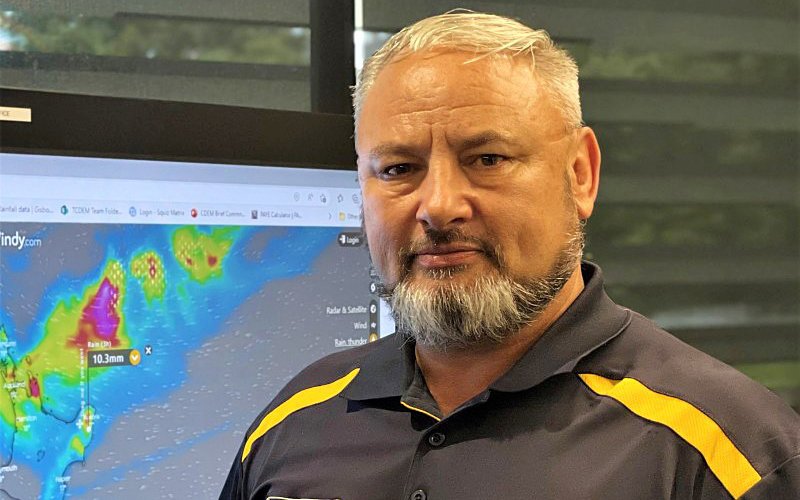11 Apr 2025
Ben Green MNZM qualified as an architectural draughtsman early in his career with the New Zealand Army and went on to spend 20 years as an army officer. He served three operational deployments to Bosnia-Herzegovina, Bougainville and Afghanistan and participated in international exchanges with the New Zealand Defence Force. In 2004, Ben was awarded a Royal Honour for operational leadership in Afghanistan.
After his military career, he spent 14 years as a corporate manager in the veterinary sector. Since joining Gisborne District Council in 2020 as the Emergency Group Manager, he has led numerous emergency responses in the region. He was recently selected as an alternate national controller as part of a cohort that will support the national controller and the National Emergency Management Agency during a national emergency.
How do you work with engineers in your role?
Engineering is a key component that sits across the four Rs (readiness, response, recovery, reduction). I am inquisitive by nature and seek out the opportunity to innovate and improve how we do things. As such, I define problems and seek the input of engineers to develop solutions or provide subject matter expertise to test and develop these. A current project that is in the operational deployment stage is emergency water desalination units, initially developed as a prototype by an Australian aeronautical engineer which now provide a significant emergency capability for our communities.
How does your work impact on engineers?
Emergency managers seek to use data to develop hazard mitigation strategies that have to balance technical feasibility with practical implementation. It is a symbiotic relationship with engineers that is a mutually beneficial partnership where both roles enhance each other’s effectiveness.

How do engineering decisions impact on your work?
These have a profound impact on my work including infrastructure resilience, risk mitigation, technical integration and planning.
What are three observations you’d make after working with engineers?
- You must ask the genie a smart question in order to get a smart answer!
- Articulate the “why” and present the end-to-end aspects that make up the project story to connect the IQ to the EQ.
- I am always impressed with the very talented professionals who make a genuine difference to people’s lives.
What do engineers all seem to do so well?
They see the iceberg in its entirety. The visible aspects (above the surface) of design and problem-solving along with the hidden (below the surface) that includes systems, thinking, research, planning and analysis.
What do you wish all engineers knew/understood better about your role?
Emergency management involves a comprehensive approach to risk that includes not just physical infrastructure but also human factors, communication and coordination. Assimilating these can help engineers design solutions that are resilient and adaptable to various scenarios across the four Rs.
This article was first published in the March 2025 issue of EG magazine.




